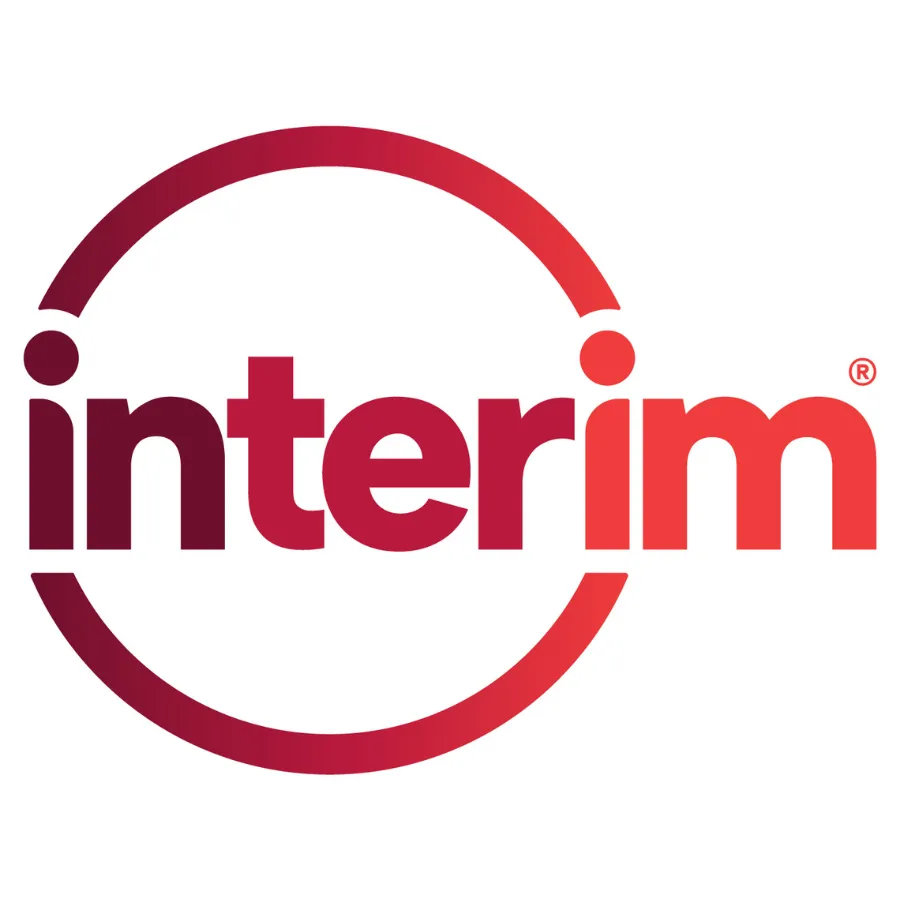Access / Speed to Help
Home Care

Assisted Living

Private Caregiver


Family Care

No Care

When care is needed, time matters. A fall, a hospital discharge, or sudden decline can’t always wait weeks for help to arrive. Each care option varies widely in how quickly support can begin and how readily available it is once in place.
Home Care
Home care offers one of the fastest paths to real help. Once an in-home assessment is complete, services can often begin within 24–48 hours — sometimes the same day.
At Interim Home Care, our large local caregiver team means families don’t wait for help. Whether it’s a few hours a week or full-time care, we can respond immediately and adjust schedules as needs change. That speed and flexibility can make the difference between stability and crisis.
Assisted Living
Assisted living placement takes time — sometimes weeks or months. Families must complete health evaluations, financial paperwork, and coordinate a physical move. Once admitted, staff ratios limit how quickly personal help is delivered day-to-day, especially compared to one-on-one care at home.
Private Caregiver
A private caregiver can often begin quickly if one is already available or recommended by word-of-mouth. There’s no corporate process or medical referral required. However, reliability is hit or miss — when the caregiver isn’t available, there’s usually no immediate backup.
Home Health
Home health typically requires a doctor’s order and insurance approval before services can start, creating delays of several days to a week or more. Once in place, visits are scheduled — but not on-demand — meaning help is available only during predetermined times.
Family Caregiver
Family members can step in right away, providing instant support when something happens. While emotionally and physically demanding, this option offers the fastest possible access to care since no paperwork, approvals, or agencies are required.
No Care
Technically, there’s no delay because no service is initiated — but that also means no help exists when a crisis occurs. While it appears “immediate,” it’s only immediate in the sense that no process exists — and when an emergency strikes, access to real help becomes slow and chaotic.


